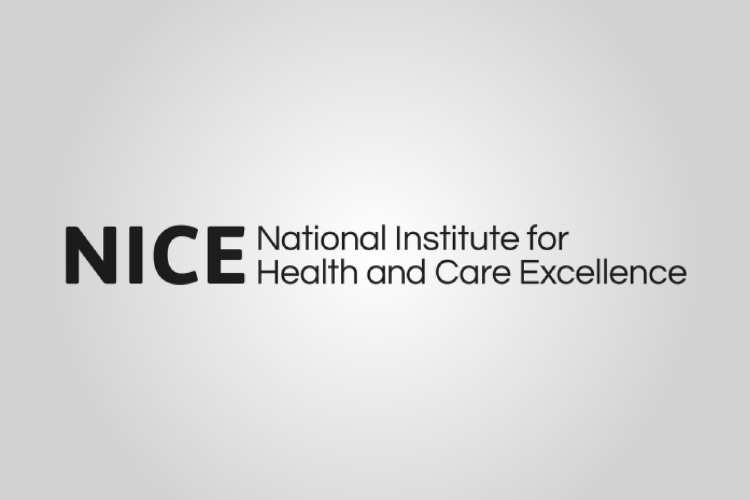“In a significant turn of events, Eli Lilly, despite initial setbacks in the US market with its ulcerative colitis drug mirikizumab, is now gaining considerable traction in international markets. On Friday, England’s esteemed National Institute for National Institute for Health and Care Excellence (NICE) issued a favorable recommendation for the drug’s use in treating patients suffering from moderate to severe active ulcerative colitis, particularly those who cannot tolerate or have not responded to certain alternative treatments.
This pivotal endorsement by NICE positions mirikizumab, known as Omvoh in the United Kingdom, as the first IL-23p19 inhibitor to be incorporated into NHS England’s treatment arsenal, a milestone acknowledged by Lilly in their official statement.
With more than half a million individuals in the UK grappling with the challenges of Crohn’s disease or ulcerative colitis, many find themselves in a medical conundrum as existing treatment options either prove ineffective or lose their efficacy over time.
“The NICE recommendation establishes mirikizumab as the first IL-23p19 antagonist to be made available in the NHS for the treatment of adults with moderate to severe Ulcerative Colitis and reflects our commitment to immunological diseases with high unmet need. This is encouraging news for patients making Great Britain one of the first countries in the world to provide nationally reimbursed access; and national access should now be implemented within 30 days.”
– Laura Steele, President & General Manager, Northern Europe, Eli Lilly and Company
NICE’s favorable stance on the drug is grounded in the outcomes of two pivotal phase 3 trials conducted as part of the LUCENT research program. In the LUCENT-1 trial, spanning 12 weeks and involving 1,162 patients, participants were randomly assigned to receive either Lilly’s mirikizumab or an intravenous placebo every four weeks. Remarkably, after this period, 24.2% of patients on mirikizumab achieved clinical remission compared to 13.3% in the placebo group.
Subsequently, in the LUCENT-2 trial, 544 patients who exhibited a clinical response in LUCENT-1 were re-randomized, with a two-to-one ratio, to either receive the drug or a subcutaneous placebo injection every four weeks for a 40-week maintenance phase. Encouragingly, among those who initially responded to mirikizumab in LUCENT-1, nearly half attained clinical remission after completing the 52-week course of both trials, in stark contrast to the roughly 25% success rate observed in the placebo group during the maintenance study.
In addition to securing regulatory approval in the United Kingdom, mirikizumab has also received the green light in Europe and Japan. However, its journey in the United States has been marked by hurdles, as the FDA issued a complete response letter in April, citing manufacturing concerns. Following this setback, Lilly resubmitted its application in the second quarter of 2023, as disclosed in a filing with the Securities and Exchange Commission.
Beyond its application in ulcerative colitis, Lilly is actively exploring the potential of mirikizumab in treating Crohn’s disease, positioning it as a key element in their growth strategy for this year and beyond.
In a report released late last year, analysts at Evaluate projected that mirikizumab could achieve sales figures of up to $1.2 billion by 2028, underscoring the drug’s potential to make a significant impact in the pharmaceutical landscape.”





























